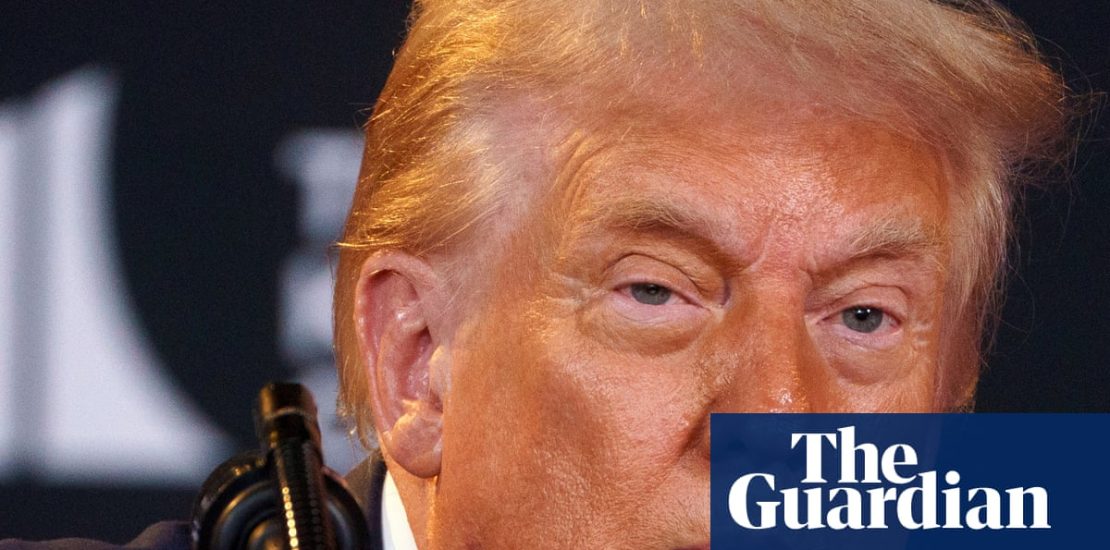- August 14, 2025
- Posted by: Regent Harbor Team
- Category: Global Economy

Contents
Trump Revokes Biden’s 2021 Executive Order on Competition
A bit of news has come across our desk concerning the ever-tumultuous realm of American politics. Donald Trump, on a rather eventful Wednesday, decided to revoke an executive order from 2021, that was initially instituted by Joe Biden. This act was confirmed by none other than the White House itself.
A Step Back from Biden’s Initiative
Trump’s decision effectively dismantles a cornerstone effort of Biden’s administration, which aimed to address anti-competitive practices across varying sectors including agriculture, healthcare, and pharmaceuticals. This Biden-led initiative was launched as an attempt to curb what his administration described as rampant corporate abuses, such as excessive airline fees and large corporate mergers.
In July 2021, Biden had signed this sweeping order with the hope of fostering greater competition within the US economy. This effort was heralded by the administration as a means to tackle the growing issue of corporate monopolization. His directive aimed at enforcing antitrust laws to combat unwanted industry concentration and abuses of market power.
An “America First” Approach
Upon the revocation of Biden’s order, the justice department expressed rather positive sentiments. They lauded Trump’s move, suggesting it aligns with an “America first antitrust” stance. This approach promotes free markets over what was deemed the overly prescriptive methods of the Biden era. They also mentioned progress in refining the Hart-Scott-Rodino Act review process regarding mergers, aiming for a more streamlined operation.
Impact on Regulatory Landscape
The Biden administration’s initiative was quite popular amongst Americans and championed by former associates of Senator Elizabeth Warren. Notably, Warren played a significant role in the creation of the Consumer Financial Protection Bureau under President Barack Obama.
However, Trump’s administration has repeatedly targeted this bureau, intending to significantly reduce its workforce. According to an analysis by the Student Borrower Protection Center, these changes have cost American consumers at least $18 billion due to higher fees and compensation losses from alleged corporate misconduct.
Economic Ramifications
The Biden administration believed their policies would ultimately reduce costs for consumers and improve economic fairness. However, the outcome suggests a divergence in priorities, as Trump’s administration exhibits a preference for less regulatory intervention.
Related Developments
As this unfolds, there remains an ongoing discussion about US prices continuing to rise. The impact of Trump’s tariffs on consumer costs is also a topic of interest and certainly interlinks with these broader economic measures.
With these alterations, one wonders where the pendulum of American economic policy will eventually settle. As always, we shall observe and see how these changes unfold and shape the landscape for businesses and consumers alike.
